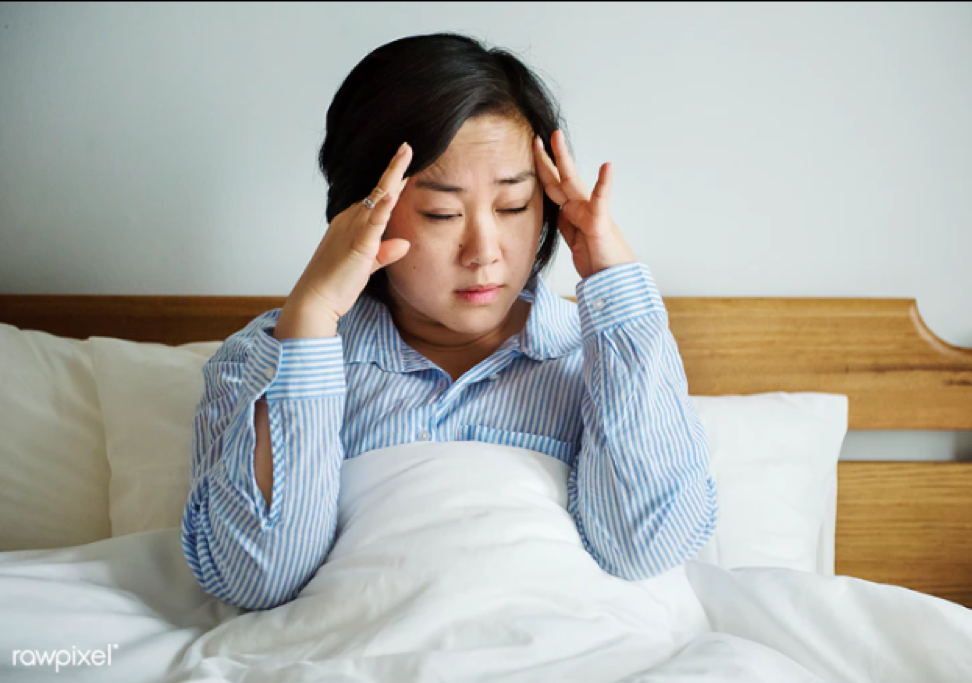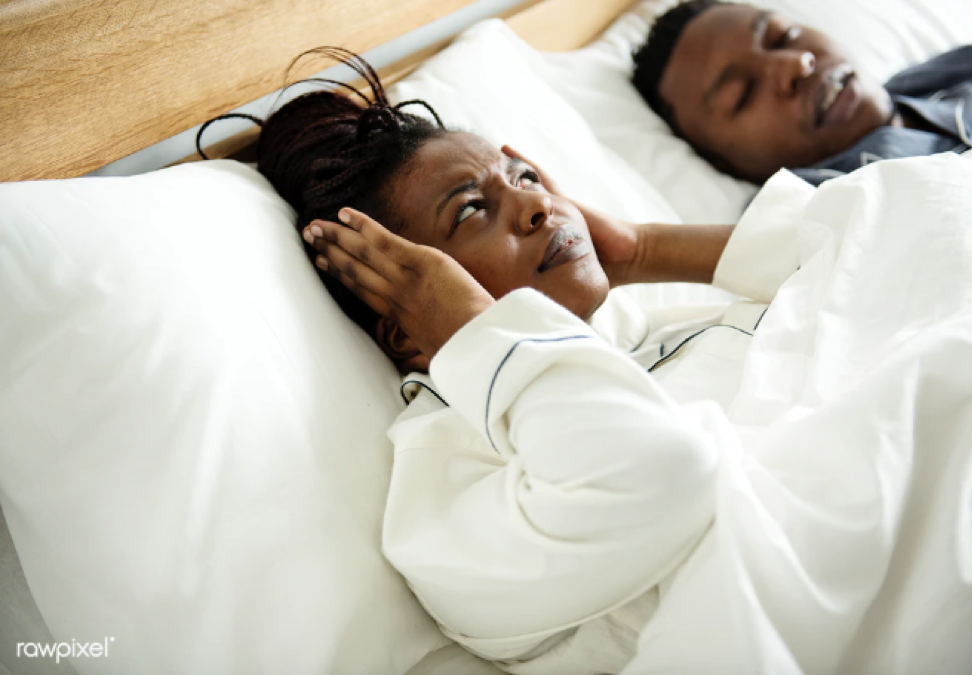What are the relationships between misophonia and anxiety? In simple words, misophonia is hatred towards the sound. If you find everyday sounds annoying like chewing, eating, slurping, a clock ticking, shoe tapping, then you might have misophonia. Many studies show that misophonia is a symptom of anxiety disorder. Meanwhile, other researches show that misophonia is a separate disorder itself.
Misophonia and Anxiety
There are many pieces of research done on the subject. If you have misophonia, you might confuse it with anxiety and vice versa. Preliminary research shows that misophonia and anxiety are two different disorders, but both of the disorders might interrelate with another at some point (Cavanna & Seri, 2015).
The major reason form people’s confusing is because both the disorders hit the same part of neurophysiological systems. When you feel anxious, you want to go away from the origin of the problem, and if you have misophonia, when you hear a trigger sound, you want to go away from the origin of the sound since both disorders make your respond similarly, so people confuse one another.
If you want to spot a difference between anxiety and misophonia, it is very easy. If you only get triggered by external visual and phonic cues, in that case, you have misophonia. It is very different from having anxiety. When you have anxiety, usually an internal stimulus is the trigger. It will get you anxious. Nevertheless, if you have severe misophonia, even thinking about the trigger sound will get you anxious.
When you talk about misophonia, the severe reactivity goes away as soon as you go away from the stimuli. For example, when you hear the sound of someone tapping shoes, you go away from the place, you immediately feel relaxed. This will happen to you when you have misophonia because the external stimuli were triggering you.
Meanwhile, if you are suffering from anxiety, the simple thought of having the next day will keep you thinking. A job interview will get you anxious. You might be thinking of the future, and it will get you anxious. You will notice, anxiety will be most likely to have an internal stimulus than external.
But if you are going through an anxiety attack, a misophonic stimulus might make it worse for you. Your nervous system is on an alert mood when you are thinking about something proactively since your system is on an alert mode, a misophonic stimulus will sound more intense than usual, and your anxiety will escalate and with added intensity. If you have anxiety and misophonia, then you might react to a misophonic stimulus more intensely than other misophonia sufferers.
Maintenance
The first step for misophonia maintenance is to know what sounds trigger you the most. You should also know about the disorder. You need to understand how the sounds affect your nervous system. When you learn about the disorder, you become a little less overwhelmed when you hear the trigger sound.
There are different ways by which you can manage your reaction towards the trigger sounds:
- When you hear a misophonic trigger sound, you must concentrate on your thoughts. Check if you are having an anxiety attack or you have a misophonic response.
Once you differentiate between both reactions, it will be easier for you to unpack your response. It will not solve the entire problem, but it will somewhat help you.
- The other way to overcome misophonia and anxiety is by meditating. Meditating will help you calm down and relax.
Meditating is a proven method to overcome any anxiety disorder. It will help a misophonic suffer from calming down and ignore when they hear the trigger sound.
Common Forms Of Misophonia
There are many forms of misophonia. All the forms make you react in different ways. You might also have a different level of misophonia. On all levels, you respond differently. The response might vary from aggressive to being annoyed.
The most common type of misophonia is when you react to oral noises. Around 80% of the misophonia sufferers deal with this type of misophonia. In this form, you might react on the different levels. If loud chewing noises make you violent and react unreasonably, then you might also have this form of misophonia.
Final Words
Misophonia and anxiety are some of the common disorders around the world. Around 20% of the world population is suffering from misophonia, and 18.1% of the population is dealing with anxiety disorders.
For more information, visit our website or call us to schedule an online appointment


